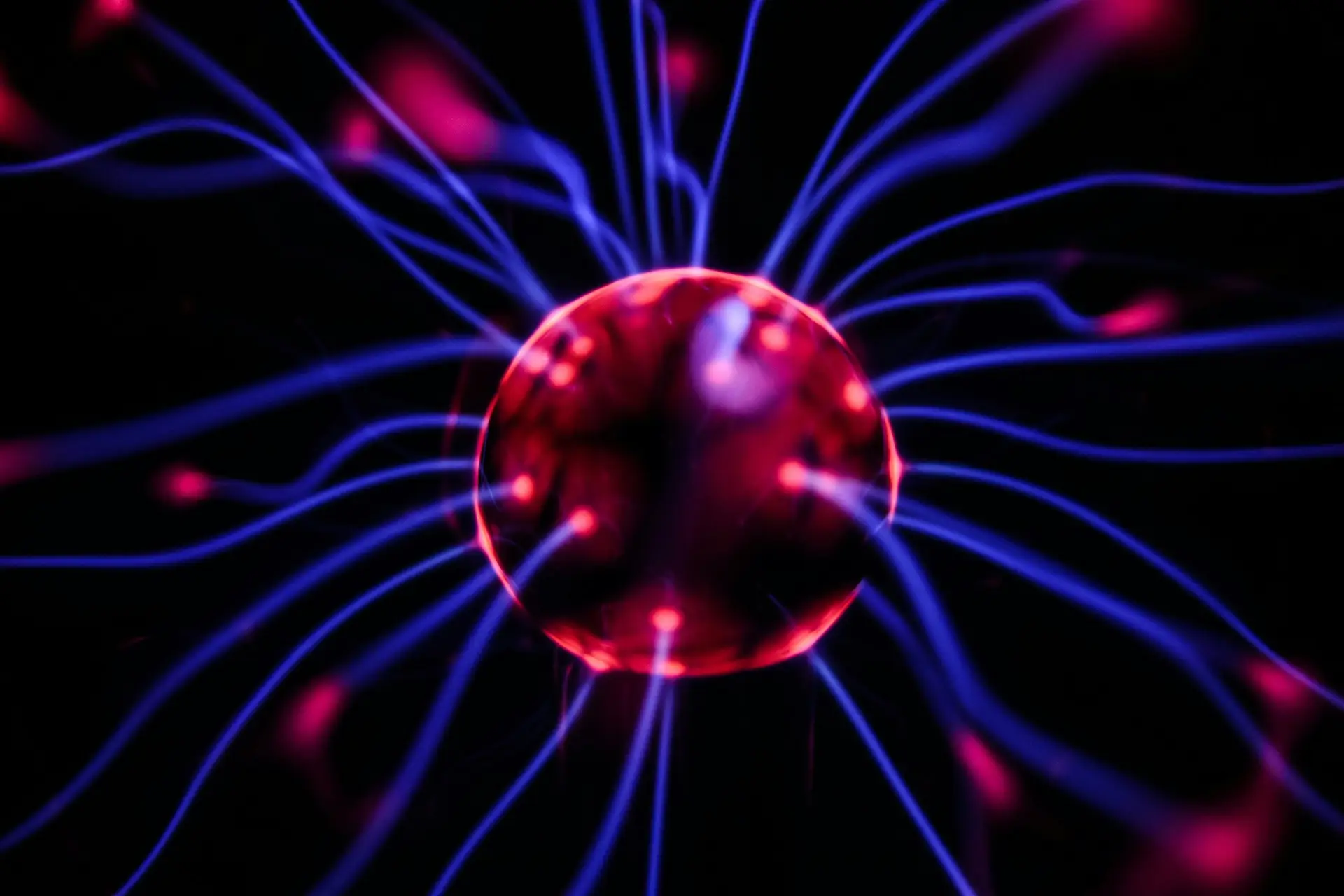Your Brain Can Recover
Have you ever wondered how different parts of the brain contribute to mental health? I’m constantly fascinated by the brain and its role in shaping how we think, feel, and learn. Recently, I came across some incredible insights about the hippocampus, a small but mighty part of the brain that plays a big role in learning, memory, and mood regulation. But here’s the kicker—it’s also highly sensitive to stress and deeply connected to our mental health.
Here are some things I’ve learned about the hippocampus and its relationship with mental health:
Hippocampal Atrophy: Brain imaging studies reveal that people with conditions like depression, PTSD, and schizophrenia often have a smaller hippocampus, a phenomenon called hippocampal atrophy.
Hippocampal Function: Mental illness can lead to a decline in how the hippocampus functions. This can result in struggles with learning, memory, and mood regulation—challenges many of us can relate to.
Hippocampal Communication: The hippocampus doesn’t work alone; it communicates with the prefrontal cortex. When this connection breaks down, it can contribute to anxiety and cognitive difficulties.
Hippocampal Plasticity: Here’s the hopeful part—the hippocampus has the remarkable ability to generate new neurons throughout our lives! This process, called neurogenesis, supports recovery and resilience.

What amazes me most is how much potential the brain holds, even in the face of mental health challenges. Knowing that the hippocampus can rejuvenate and rebuild gives me hope. It’s a reminder that recovery is possible, and every small step we take toward healing—whether it’s practicing self-care, seeking therapy, or fostering positive thoughts—can make a real difference.
Our thoughts and surroundings matter more than we often realize. By nurturing positivity, we encourage our brains to create new pathways, generate hope, and embrace growth. You are so worth the effort it takes to build something new and beautiful in your life.
So, here’s to celebrating the incredible resilience of the brain—and ourselves!
This post may contain affiliate links. As an Amazon Associate, I earn from qualifying purchases at no additional cost to you. I only recommend books that align with the heart and mission of LuvMyCrazy
📚 Helpful Books on This Topic:
If you’re interested in learning more about how the brain can rebuild and adapt, The Brain That Changes Itself by Norman Doidge explores real-life stories of neuroplasticity and recovery, offering powerful insight into the brain’s ability to heal.
The Brain that Changes Itself – by: Norman Doidge, M.D.
Related Reading on LuvMyCrazy
you or someone you love is struggling with grief or loss, you’re not alone. There are organizations that offer free support, guidance, and community: #988
NAMI (National Alliance on Mental Illness
